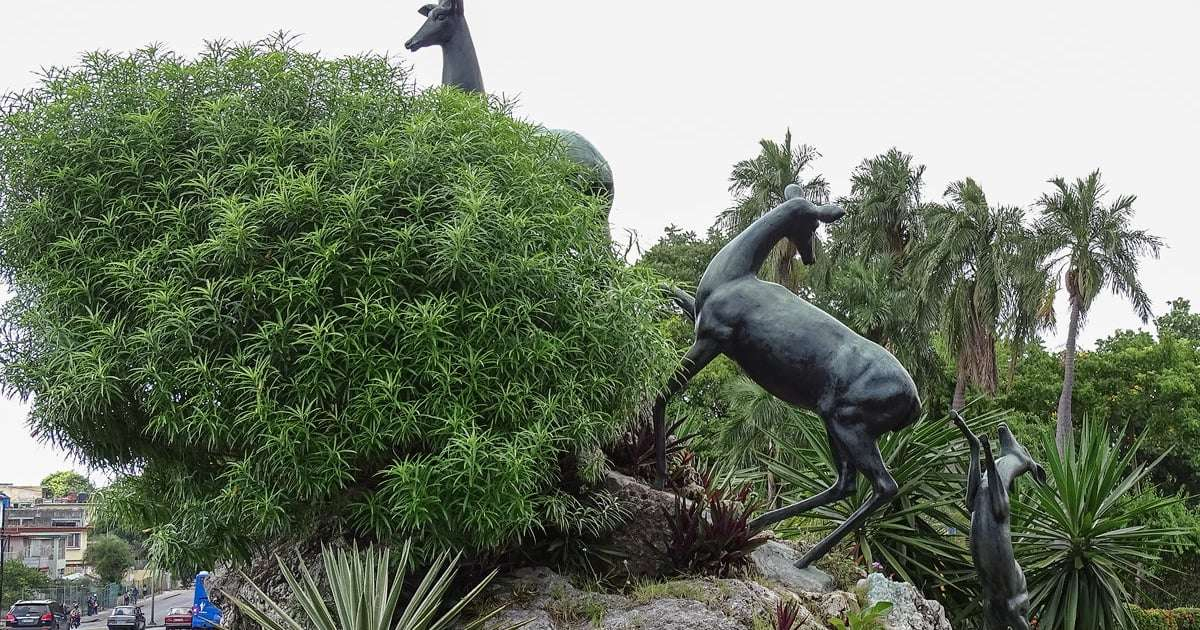
The National Center for Animal Health of the Ministry of Agriculture (MINAG) of Cuba confirmed this Tuesday thepresence of avian influenza in wild birds of the Havana Zoological Garden.
In thecommunication published on the MINAG website, the health authorities officially declared before the World Organization for Animal Health (WHOSA) thepresence of the virusin the birds of the enclosure and established theforty of the place and its temporary closureas containment measures.
The park, popularly known asZoo 26 Due to its location on that avenue in the Plaza de la Revolución municipality, it will remain closed until the sanitary measures implemented due to the presence of the disease, commonly known asbird flu, a contagious viral infection that affects wild and domestic birds, he pointed outCristobal Arredondo Alfonso, director of CENASA.
"The population will be kept informed of the evolution of this event andagainst any mortality of breeding birdsor wild birds, the health authorities recommend immediately notifying the local official veterinary service," said the official, without revealing more details about the confirmed cases in the zoo or the presence of the virus in other areas of the country.
Animal health authorities had previously warned that In Cuba the risk of introducing bird flu was high due to the constant passage of migratory birds and surveillance must be constant.
In an alert issued in December, CENASA expressed concern about the advance, proximity andpossible appearance of avian influenza due to the presence of flocks of migratory birds in the country and recommended that professionals, technicians, breeders and the general population take actions that could mitigate the impact of the disease.
The institution advised avoiding contact between wild birds and farmed birds, taking extreme biosecurity measures in poultry facilities, prohibiting the transfer of sick birds, and not touching the carcasses of presumably sick birds, among other measures.
Some provinces, such asLas Tunas, established preventive measures against the threat of avian flu, after the alert decreed by the Pan American Health Organization (PAHO) for 10 countries in the Americas with outbreaks of the disease in mid-January.
In that province, they placed anti-bird nets in the units, began surveillance of the poultry mass and the monitoring and control of migratory birds that pass through the Las Tunas territory, through examinations of the sentinel birds, located in rivers and dams where they stop at drinking water.
What do you think?
SEE COMMENTS (2)Filed in: